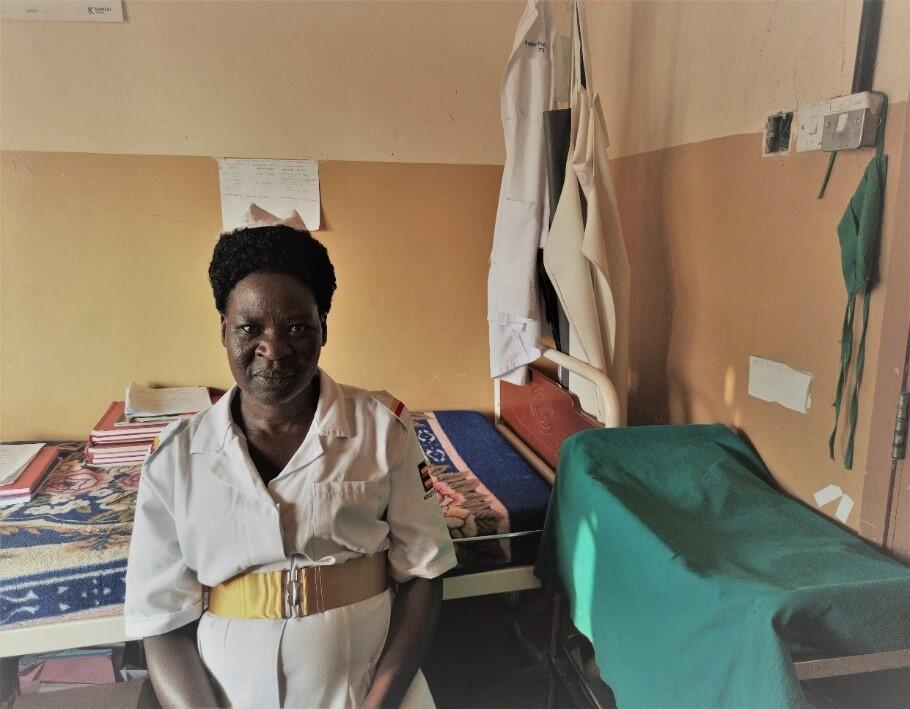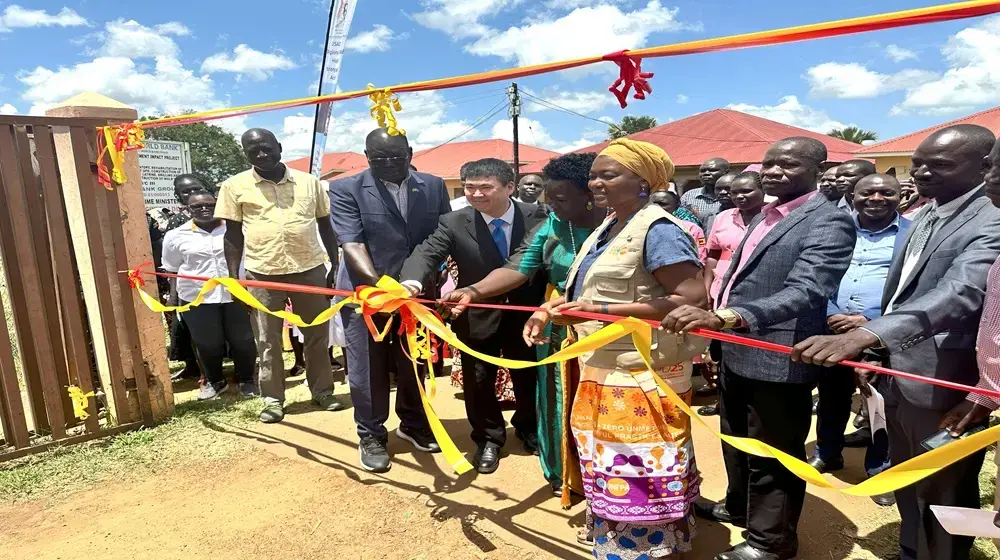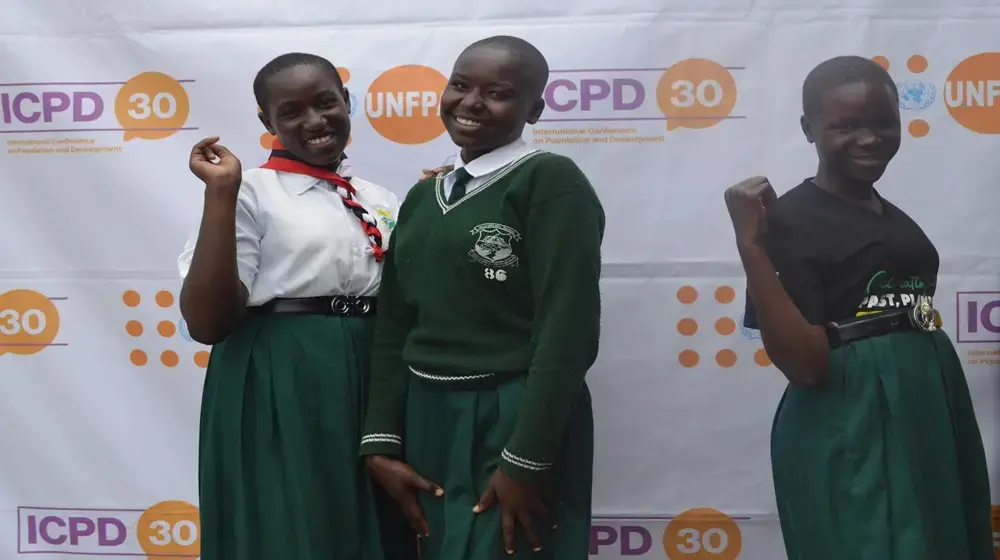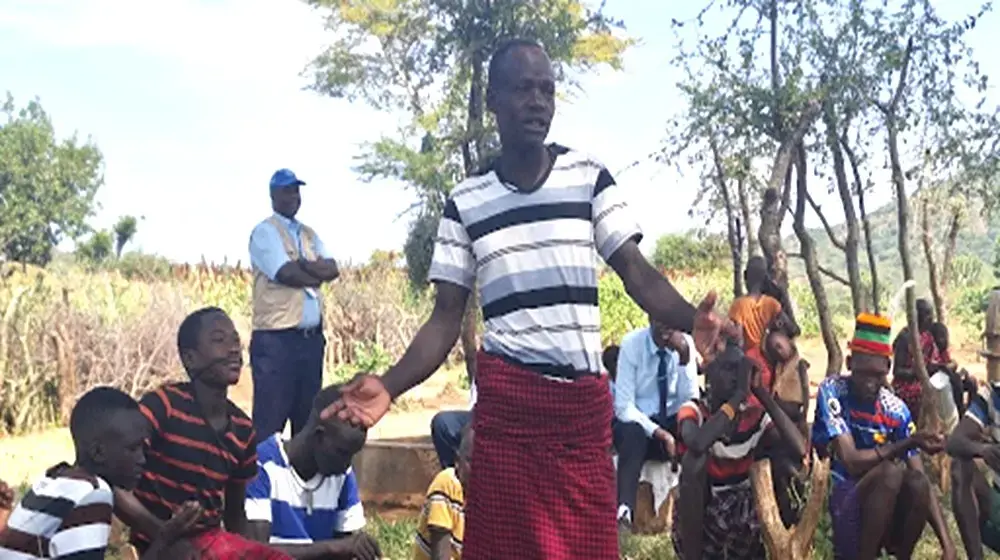ORUM, OTUKE- Gender-Based Violence (GBV) is detrimental to the enjoyment of women’s rights such as the right to the highest standard of health. The COVID-19 Pandemic has further exacerbated the plight of women and girls with heightened occurrences of GBV and other harmful social and cultural practices.
The Uganda Health and Demographic Survey (UDHS, 2016) reveals that more than one in five women of reproductive age (15-49) has experienced sexual violence at some point in their lives compared to men, with no more than one in ten of them.
Survivors of GBV can be referred to health facilities for medical responses. However, capacity gaps often constraint health workers’ capacities to undertake GBV screening and management. As duty bearers, health workers play a fundamental role in providing quality Sexual Reproductive Health Rights (SRHR) and GBV services. UNFPA with support from the Austrian Development Agency (ADA) is implementing a programme on strengthening capacity to deliver an integrated package of rights in Karamoja and Northern Uganda.
Agnes Amongi is one of the health workers trained on the clinical management of GBV in Otuke district with support from UNFPA.
Ms Amongi highlights that the training strengthened her knowledge and skills on critical aspects relating to clinical assessment of SGBV, GBV case entry and psychosocial support among others.
“I am well equipped to handle the GBV related injuries on survivors in a dignified manner,” Amongi says.
Some of the clinical responses offered to the survivors include but not limited to: emergency contraceptive pills for any unintended pregnancies; treatment of GBV related injuries, management of Sexually Transmitted Infections (STIs). Such interventions ease the burden of GBV not only on the survivors but also on the families and the general communities.
“We work with different stakeholders such as the Community Development Officers (CDOs), the police and other actors within the GBV referral pathway to ensure survivors are supported,” Amongi explains.
By working together with all stakeholders, the recovery of the survivors is made easier. She further recommends that enforcement of GBV related laws and policies may help deter the actions of the perpetrators.
- Story by Cinderella Anena





